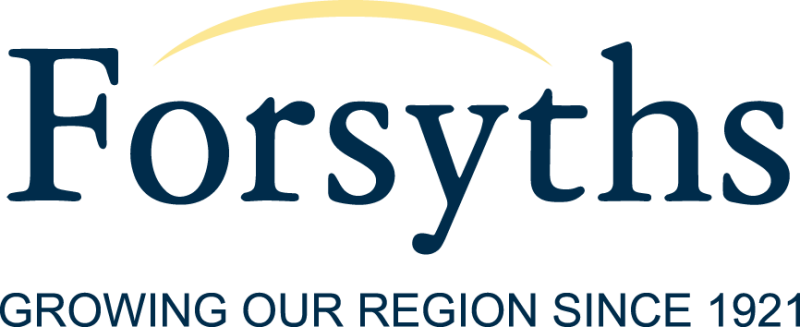
Accessing Your Super Early
The key purpose of superannuation is to provide individuals with benefits for their retirement, which is when most people will access their superannuation savings. But, in some cases, individuals may be able to access some of their superannuation early upon meeting certain eligibility rules.
Common conditions of release
A condition of release must be met before you can access your superannuation benefits.
The most common conditions of release for paying benefits are when you:
- Have reached your preservation age and retire (see below for preservation age)
- Have reached your preservation age and begin a transition-to-retirement income stream
- Cease an employment arrangement on or after the age of 60
- Turn 65 years of age (even if you haven’t retired)
- Pass away.
Preservation age
Access to superannuation benefits is generally restricted to individuals who have reached their
preservation age. This is because the preservation rules aim to prevent early access to benefits.
The table below summarises when you may reach your preservation age and therefore potentially access your superannuation benefits:
| Date of Birth | Preservation Age | When Preservation Age Is Reached |
| Before 1 July 1960 | 55 | 1 July 2014 or earlier |
| 1 July 1960 - 30 June 1961 | 56 | 1 July 2016 |
| 1 July 1961 - 30 June 1962 | 57 | 1 July 2018 |
| 1 July 1962 - 30 June 1963 | 58 | 1 July 2020 |
| 1 July 1963 - 30 June 1964 | 59 | 1 July 2022 |
| 1 July 1964 or later | 60 | 1 July 2024 or later |
Other conditions of release
Besides the common condition of release events that apply to most cases, there are other special circumstances where at least part of your superannuation benefits can be released before you have reached preservation age.
These less common condition of release events are summarised in the table below.
| Other Conditions of Release | Details |
| Terminal medical condition |
Access to your superannuation can be granted where you have a terminal medical condition and the following requirements are met:
|
| Permanent incapacity | Your superannuation fund must be satisfied that you have a permanent physical or mental medical condition that is likely to stop you from ever working again in a job you were qualified to do by education, training or experience (not just any gainful employment). Your occupation and nature of the injury are therefore key. |
| Temporary incapacity | Temporary incapacity means physical or mental ill-health that causes you to temporarily cease to be gainfully employed but does not constitute permanent incapacity. It’s not necessary for your employment to fully cease but, generally, you would not be eligible for temporary incapacity benefits if you were on paid sick leave from your employment for instance. |
| Severe financial hardship |
To qualify, your superannuation fund must be satisfied that either:
|
| Compassionate grounds |
You can access some of your superannuation on compassionate grounds if you can prove to your superannuation fund that you lack the financial
capacity to pay for:
|
| First Home Super Saver Scheme (FHSSS) |
To help you save for your first home, you can apply to release voluntary concessional (before-tax) and voluntary non-concessional
(after-tax) contributions you have made to your superannuation fund since 1 July 2017. You can apply to have a maximum of $15,000 of your voluntary contributions from any one financial year included in your eligible contributions to be released under the FHSSS, up to a total of $50,000 contributions across all years. You will also receive an amount of earnings that relate to those contributions. |
Need more information?
There are many factors to consider before accessing your superannuation, including how it will impact your retirement, taxation and what effect it will have on any other benefits you’re receiving.
Please contact us if you would like more information on any of these conditions of release and would like to discuss your options. We will explain the conditions and requirements that need to be met to demonstrate your eligibility which may help you access your superannuation benefits.
This information is of general nature only and is not intended as a personal advice. It does not take in to account your particular investment objectives, financial situation and needs. Before making a financial decision, you should assess whether the advice is appropriate to your individual investment objectives, financial situation and particular needs. We recommend you consult a professional financial adviser who will assist you. Any references to past investment performance are not an indication of future investment returns. You should also obtain a copy of and consider the Product Disclosure Statement (PDS) for any financial product mentioned before making any decision to acquire a financial product. Prepared by Forsyths Financial Services Pty Limited ABN 89 103 898 988 AFSL 259938.



